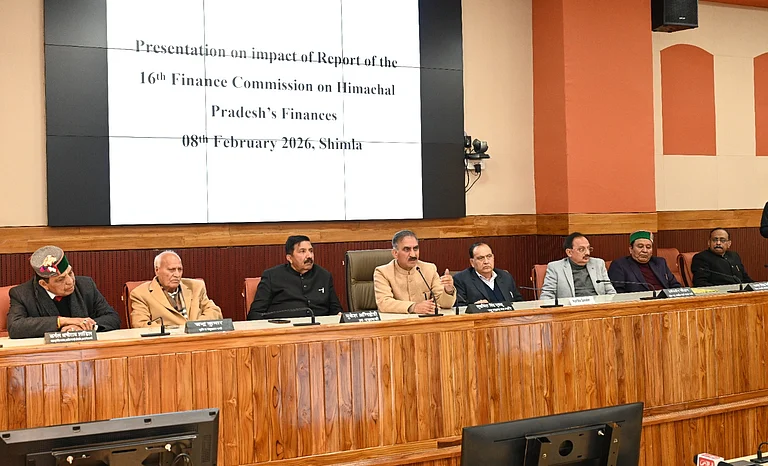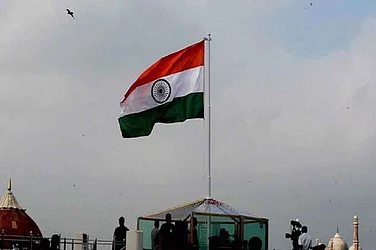The Supreme Court on Friday clubbed and transferred to itself all petitions pending before different high courts across the country on the issue of grant of legal recognition to same-sex marriages.
A bench of Chief Justice DY Chandrachud and Justices PS Narasimha and JB Pardiwala asked the Centre to file its joint reply to all the petitions on the issue by February 15 and directed that all the petitions will be listed in March. The bench said any petitioner, if not available to argue physically before the court, can avail the facility of virtual platform.
It asked the counsels from the Centre and petitioners to file a written note on the issue, laws and precedents, if any, and share it among themselves and the court. The bench asked the counsel for the Centre to ensure that no petitioner is left out and details of all the petitions be incorporated in the compilations to be made.Solicitor General Tushar Mehta told the bench that there are two options available for the court as a petition is ripe for hearing before the Delhi High Court and the top court could await its verdict or it can transfer all the petitions to itself.
The counsels for multiple petitioners told the bench that they want the top court to transfer all the cases to itself for an authoritative pronouncement on the issue and Centre can file its response before the top court. On January 3, the top court had said that it would hear on January 6 the pleas seeking transfer to the apex court of the petitions pending before high courts for recognition of same-sex marriages.
On December 14 last year, the top court had sought a response from the Centre to two pleas seeking transfer to the apex court of the petitions pending in the Delhi High Court for directions to recognise same-sex marriages. Prior to that, on November 25 last year, the apex court had sought the response of the central government to separate pleas by two gay couples seeking enforcement of their right to marry and a direction to the authorities to register their marriage under the Special Marriage Act.
Marriages in India fall under the domain of ‘personal laws’ which also govern other personal affairs such as divorce and succession.
Since India lacks a uniform civil code, marriage laws apply to people as per their religion, such as the Hindu Marriage Act and Indian Christian Marriage Act. There also exists a secular Special Marriage Act which was made primarily for inter-faith marriages.
The Hindu Marriage Act also applies to Buddhists, Sikhs, Jains, and all the sects of Hinduism — including Lingayats, a section of which is calling for it to be identified as a religion separate from Hinduism.
The petitions filed so far concern the Hindu Marriage Act (HMA), Special Marriage Act (SMA), and Foreign Marriage Act (FMA). The FMA governs marriages involving Indians abroad.
(with Inputs from PTI)


























